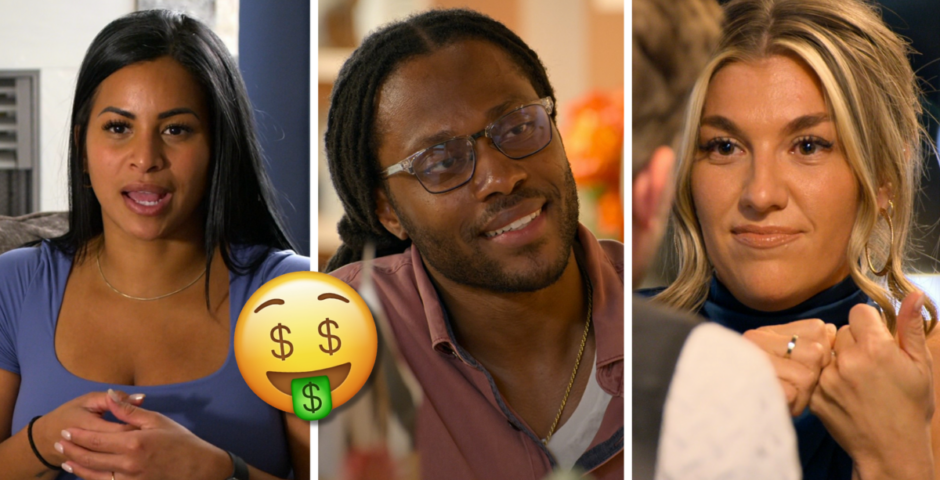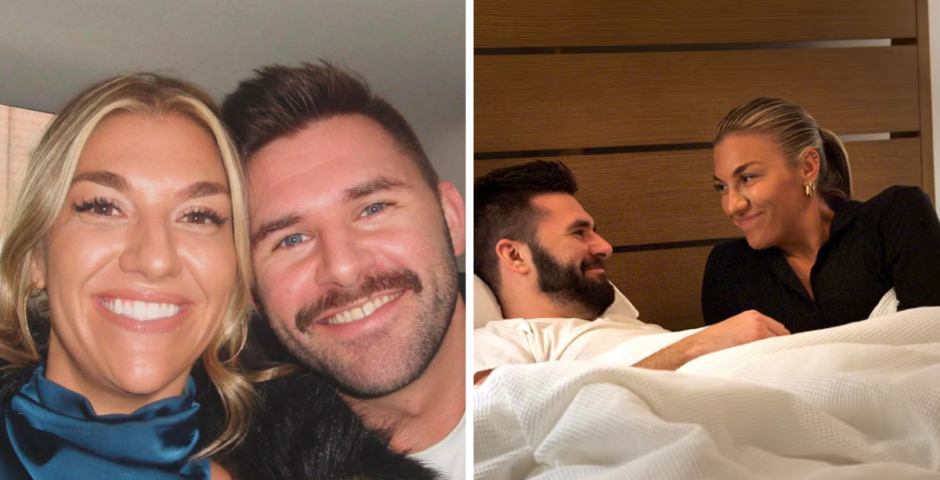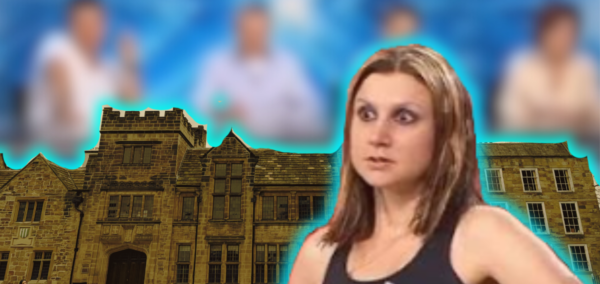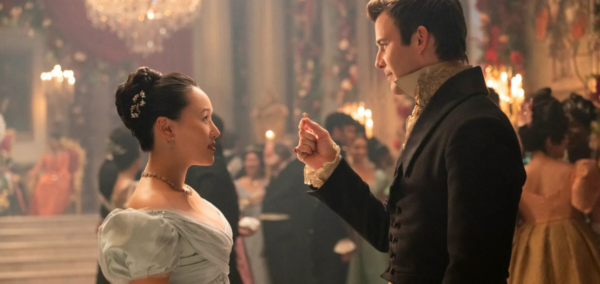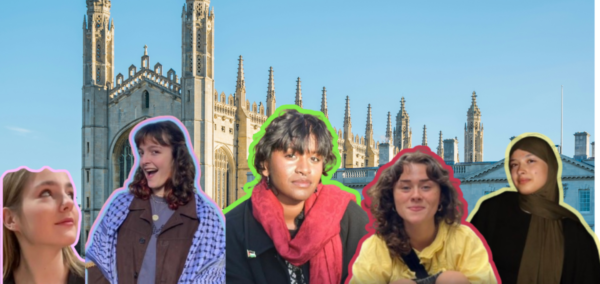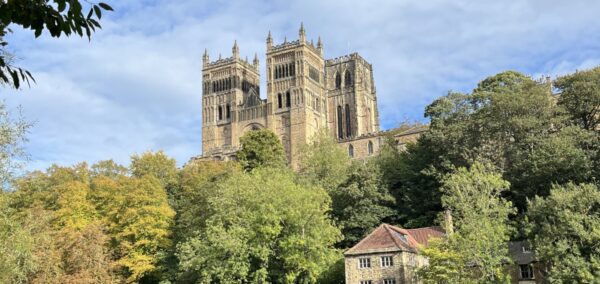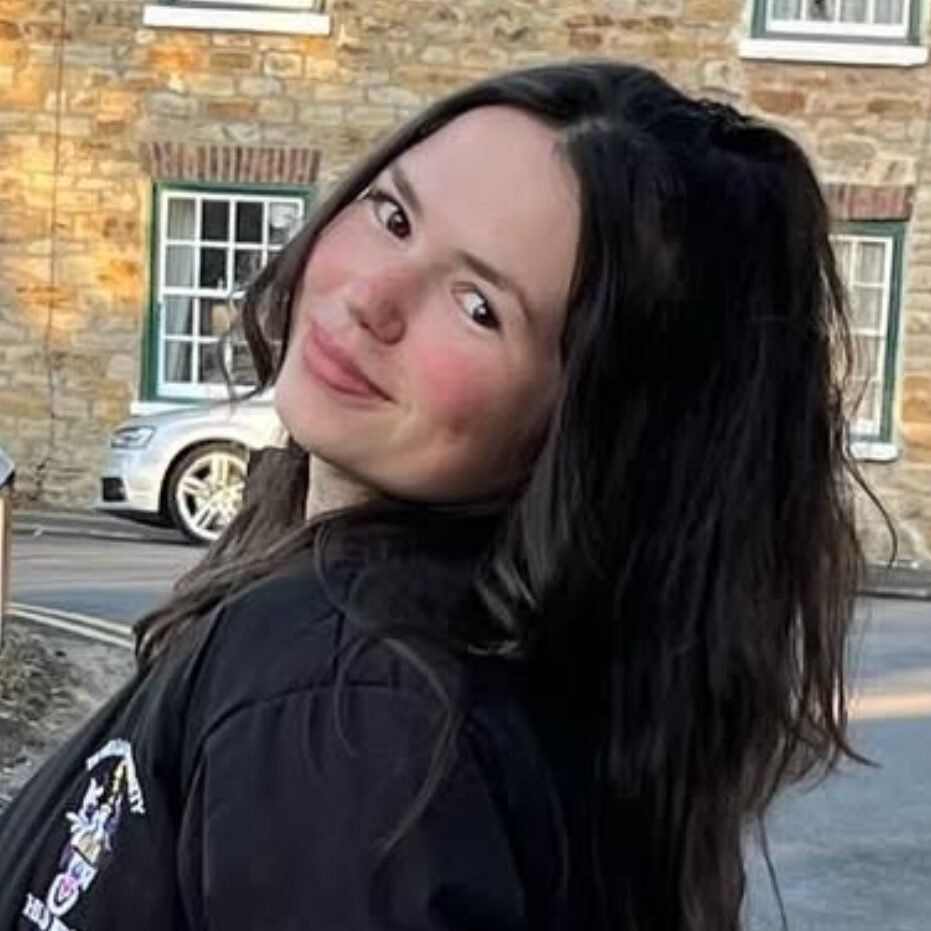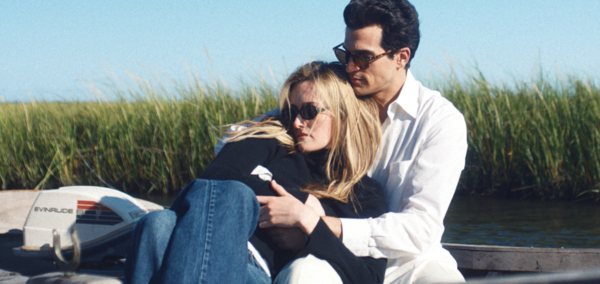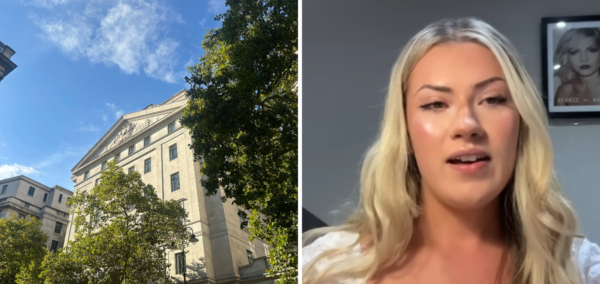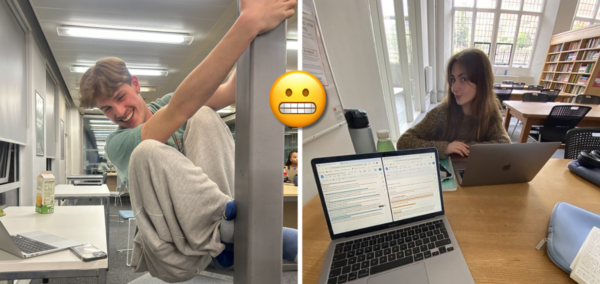
Black Hawk Down: Three decades later, Somalis remain in ‘lasting misery’
Hundreds of Somali people were lost
The new Netflix documentary about Black Hawk Down has introduced many viewers to the battle from the 1990s for the first time, but it left an aftermath the Somalis have been living with for decades. On the 3rd of October 1993, the Black Hawk Down war in Somalia began which killed 18 American soldiers and hundreds of Somali people. The BBC did an interview with some Somalis who witnessed the fallout first-hand and are still reeling from it three decades later.
Binti lost her entire family

via Netflix
Binti Ali Wardhere, from Mogadishu (Somalia’s capital), told her story to the BBC. She was 24 at the time of the war.
The USA sent soldiers to Somalia in 1992. They were there supporting the UN on a mission that offered humanitarian assistance after a famine, which was partly caused by the collapse of the Somalian government. General Aideed, who was the Somalian military leader at the time, was blamed for being behind the slaughter of 24 UN peacekeepers in June 1993.
However, there was a US raid in July in which at least 70 Somalis died. The story of what the Somali people went through hasn’t been at the forefront of news coverage, but Binti Ali Wardhere had her own side of things to share.
She recalled how the fighting initially broke out – it was at the sound of booming explosions that started just after 3:30 that afternoon. Fighting wasn’t an unusual sound, but the explosions put the whole city in shock.
Binti climbed to the rooftop of her relative’s house in an effort to find out what was happening. She saw that fighting was taking place in her neighbourhood.
Two US Black Hawk helicopters were shot down, one at 4:20pm and the other at 4:40pm. The task force was surrounded and then a rescue mission started.
“To this day, I still see the bodies scattered in the streets,” she recalled.
Binti got home just after 6:00pm and was happy to find everyone safe, but the situation was war from over. A shell hit her house, and her hand was partially severed. As she fell, a woman collapsed on top of her.
“There was hot water running over my head. I thought to myself: ‘who opened the water pipe?'” Binti then realised it was the blood of the woman on top of her – her neighbour who had come to her house for safety.
That night, Binti’s husband, Mohamed Aden, and two sons – 14-year-old Abdulkadir Mohamed and 13-year-old Abdurahman Mohamed, were killed. Her four other children, along with her brother, were all injured too. Her brother later died from his injuries.
Binti’s son still suffers from mental health issues

via Netflix
Binti’s eldest son, who is now a dad himself, still suffers from mental health issues three decades later. To this day, the sight or sound of a plane will put him into hiding.
“Although this situation was completely different from the ones I had worked in before, I still decided to record these events and take on that responsibility,” he said to the BBC.
Binti has demanded accountability and compensation three decades later

via Netflix
Binti has struggled to move on from the events and feels that the devastation has not been recognised internationally.
“It was the Americans who destroyed my house, killed my husband, my two sons, and my brother, and left my family in lasting misery,” she said. “At the very least, they must admit what they have done and compensate us.”
Love Is Blind is available on Netflix now. For all the latest Netflix news, drops, quizzes and memes like The Holy Church of Netflix on Facebook.



